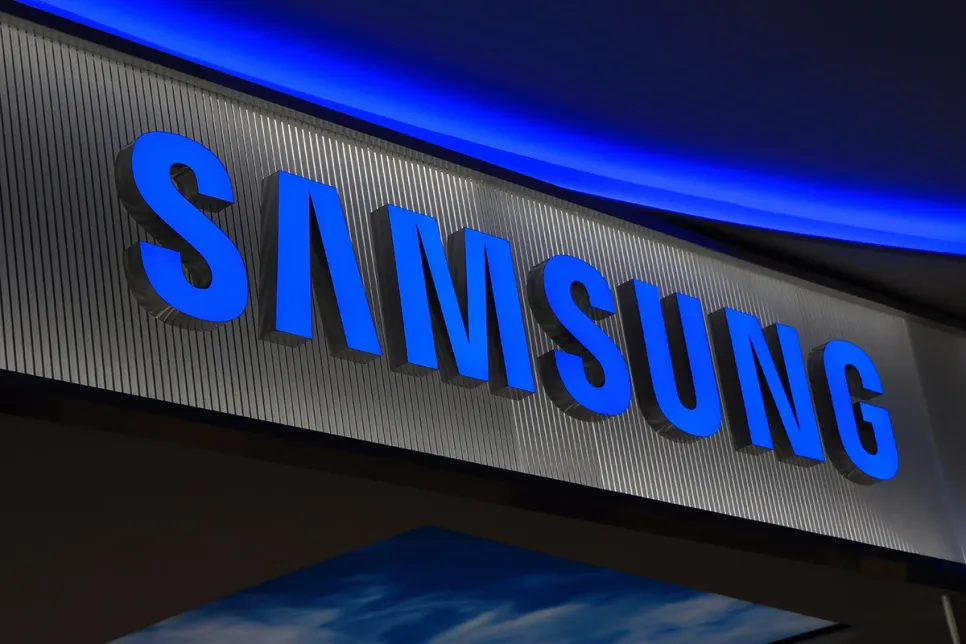Nvidia and OpenAI Plan Large Infrastructure Investment in the UK
OpenAI and Nvidia are in talks to make a large investment in AI infrastructure in the UK.

Samsung is again urged to spin off its struggling foundry business. The losses in the segment mount, and questions surface around the independence of the group’s contract manufacturing arm.
The dual role selling chips it designs and produces and taking contract work from potentially the same customers has raised concerns over possible technology leakage and inherent conflicts of interest for years. An industry source told The Korea Herald for fabless companies like Nvidia and Qualcomm, which rely on foundries, there is always a concern sensitive design data could be exposed to competitors. Separating the unit would reduce such risks and make Samsung more competitive.
The publication also pointed to a broader trend of moving away from integrated manufacturing towards a more specialized structure, such as a fabless-foundry partnership. Financial analysts also suggest breaking off the loss-making unit would improve Samsung’s bottom line. Its foundry unit ranked second globally in 4Q24 with an 8.1% share, behind TSMC with a 64.7% share, data from TrendForce showed. The business recorded a KRW2 trillion ($1.4 billion) operating loss in the same quarter.
In its Q1 earnings releases, Samsung stated the foundry unit’s earnings were weak on sluggish seasonal mobile demand, inventory adjustments, and stagnant fab utilization. Back in 2022, its subsidiary Securities called for a spinoff of the foundry unit and listing on the US market. Samsung’s chip business, or Device Solution division, comprises the memory, System LSI, and foundry units. The memory business generates about three-quarters of total chip revenue. The LSI unit designs logic chips.